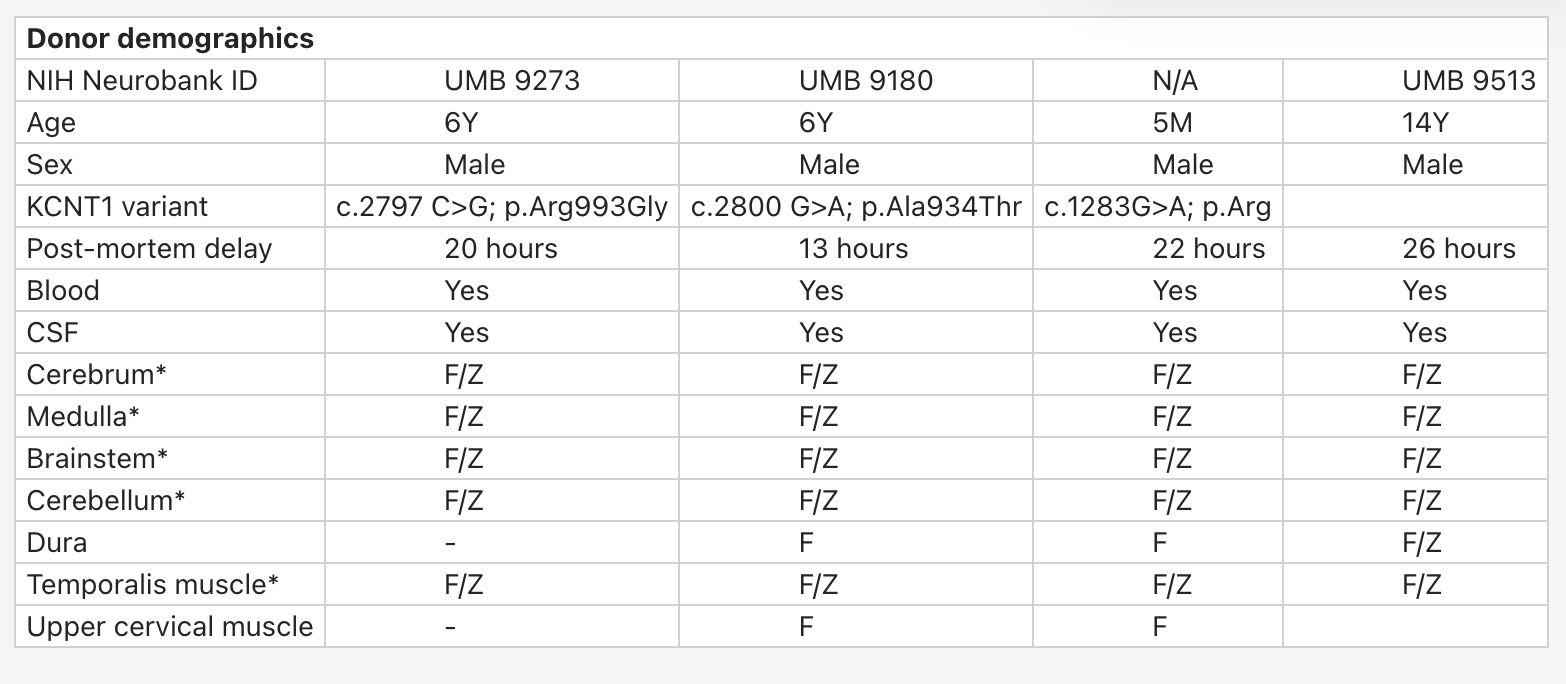2025 Seed Grants
The KCNT1 Epilepsy Foundation funds innovative research to accelerate progress toward effective treatments and a cure for KCNT1-related epilepsy. Our competitive grant programs support scientists and clinicians worldwide working to deepen understanding of KCNT1 biology, improve disease modeling, and develop promising therapeutic strategies. These grants—made possible by the generosity of our community—are designed to spark collaboration and deliver meaningful discoveries that can directly impact the lives of families affected by KCNT1.
The 2025 grant cycle is now open, with two grants types:
Innovation Grant ($50,000, Applications - closed)
Brain Exploration Grant ($30,000 application is OPEN)
2025 Brain Exploration Grant ($30,000)
The KCNT1 Epilepsy Foundation 2025 Brain Exploration Grant provides a one‐year grant to address several key questions regarding KCNT1 expression, cellular distribution, localization, and pathology. Our ultimate goal is to identify and develop effective and safe treatments for KCNT1-related epilepsy. Our 2025 Brain Exploration grant will fund up to $30,000. This grant is made possible by the KCNT1 Epilepsy Foundation and its generous supporters.
Research Focus Areas for Brain Exploration Grant:
The goal of this grant is to support research that addresses key questions regarding KCNT1 expression, cellular distribution, localization, and pathology. These proposals must utilize human tissue stored within the NIH Neurobiobank. These areas include and are not limited to the following:
Regional distribution and expression of KCNT1 mRNA and protein within the brain
Cellular localization of KCNT1 within neuronal and glial populations
Differences in transcriptomic/metabolomic/proteomic profiles across brain regions
Differences in global/regional atrophy or pathology, including vasculature
Eligibility: This grant is restricted to U.S.-based applicants.
Proposal Due Date: October 27, 2025, no later than 8pm EST
The application as a PDF file and budget as a PDF file should be emailed to ali@kcnt1epilepsy.org. Please send any questions to ali@kcnt1epilepsy.org.
2025 Innovation Grant ($50,000)
The KCNT1 Epilepsy Foundation 2025 Seed Grant Program provides a one‐year grant to support basic, translational, and clinical research topics related to KCNT1-related epilepsy with the ultimate goal of identifying and developing effective and safe treatments for KCNT1-related epilepsy. Our 2025 Innovation grant will fund up to $50,000. This grant is made possible by the KCNT1 Epilepsy Foundation and its generous supporters.
Research Focus Areas for Innovation Seed Grants:
The goal of this grant is to support research that addresses specific areas of interest to the foundation and can ultimately lead to the development of effective treatments for KCNT1 disorders. These areas include and are not limited to the following:
Understand the non-conducting functions of KCNT1 to further disease understanding and find alternative treatment targets.
Understand cellular mechanisms, splice variants, and gene modifiers that potentially influence KCNT1 and could serve as a potential therapeutic target.
Investigation of KCNT1 outside of the brain, such as the role of KCNT1 in abnormal pulmonary vessels arising from pathologic postnatal angiogenesis (vessels formerly known as MAPCAs).
Novel therapeutic approaches for KCNT1-related disorders.
KCNT1 variant classification, which can include data from computational predictive models, cellular electrophysiology, and animal models, especially for VUS reclassification.

